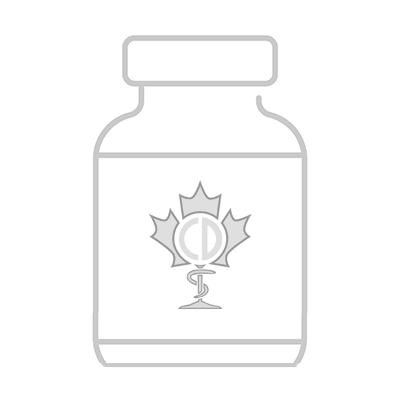What is Glucovance used for?
Glucovance is an oral diabetes medication containing glyburide and metformin. These medications help to control blood sugar levels.
Glucovance is prescribed with a diet and exercise regime to improve blood sugar control in adults who have type 2 diabetes.
Glyburide belongs to the class of medications called sulfonylureas. It works to lower the blood sugar by causing your body to release more insulin naturally and decrease the amount of sugar your liver makes. Metformin works by decreasing the amount of sugar made by your liver and that is absorbed by your intestines/stomach. Both of these medications work to help restore your body’s proper response to the insulin produced naturally.
By controlling your high blood sugar you can prevent blindness, kidney damage, sexual function problems, loss of limbs, and nerve problems. Proper control of diabetes can also lessen your risk of a stroke or heart attack.

Glucovance Information
How to Use Glucovance?
Take Glucovance exactly as your doctor has prescribed it. Follow the directions contained on your prescription label and in your medication guide.
Glucovance works best when taken with food. Also ensure you are drinking plenty of fluids while on Glucovance. If you are sick with diarrhea, fever, or vomiting tell your doctor. These conditions may lead to severe dehydration and this can be very dangerous when you’re on Glucovance.
Anyone who has diabetes is at a risk of experiencing low blood sugar (hypoglycemia). Watch out for the following symptoms of hypoglycemia including:
- Hunger
- Dizziness
- Sweating
- Headache
- Feeling shaky
- Irritability
If you experience low blood sugar you should use a fast acting source of sugar to treat it. This can be non-diet soda, fruit juice, crackers or hard candy.
You should also watch for hyperglycemia (high blood sugar. The signs include:
- Blurred vision
- Urination
- Increased thirst
- Headache
- Tiredness
Your blood sugar levels can be affected by illness, exercise, stress, surgery, alcohol use, or skipping meals. Before you change your dose or medication schedule talk to your doctor. Glucovance is one part of a treatment plan that will also include exercise and diet regiments. It is very important to closely follow all aspects of your treatment plan.
Glucovance Drug Interactions
Drug interactions can affect how your medications work or can increase your risk of negative side effects. Some drugs should never be used together. Other times, drug interactions can be mitigated by changing the doses of your medications.
The following drugs interact with Glucovance:
This is not an exhaustive list of drugs that interact with Glucovance. Always ensure you give your doctor a complete list of medications you are taking. This should include prescription and non-prescription drugs as well as any herbal or vitamin products you may be taking. Medications you take can also be affected by food or drinks as well as other medical conditions you have. Ensure that you are updating your doctor on your whole medical history so they can properly monitor for interactions.
If you have any questions about drug interactions you can reach out to our customer service experts at 1-844-416-4282 and ask to be transferred to a licensed pharmacist for counselling.
What are Side Effects of Glucovance?
Along with the needed effects of Glucovance, it can also cause unwanted side effects. Though not all of these side effects will occur, some may require medical attention if they do.
If any of the following side effects occur while taking Glucovance check with your doctor immediately:
More Common
- Anxious feeling
- Behavior change similar to being drunk
- Blurred vision
- Cold sweats
- Confusion
- Convulsions (seizures)
- Cool, pale skin
- Cough
- Difficulty with concentrating
- Drowsiness
- Excessive hunger
- Fast heartbeat
- Fever
- Headache (continuing)
- Nausea
- Nervousness
- Nightmares
- Restless sleep
- Shakiness
- Slurred speech
- Sneezing
- Sore throat
- Unconsciousness
- Unusual tiredness or weakness
Rare
- Abdominal or stomach discomfort
- Decreased appetite
- Diarrhea
- Fast shallow breathing
- General feeling of discomfort
- Muscle pain or cramping
- Unusual sleepiness
Some Glucovance side effects occur that don’t necessarily need medical attention. Usually these will go away with time as your body gets used to the new medication. If the following side effects become bothersome or persist, talk to your doctor:
More Common
- Dizziness
- Headache
- Vomiting
Some patients may experience side effects that are not listed here. If you notice any negative side effect after starting treatment with Glucovance talk to your doctor to find out what you should do.
